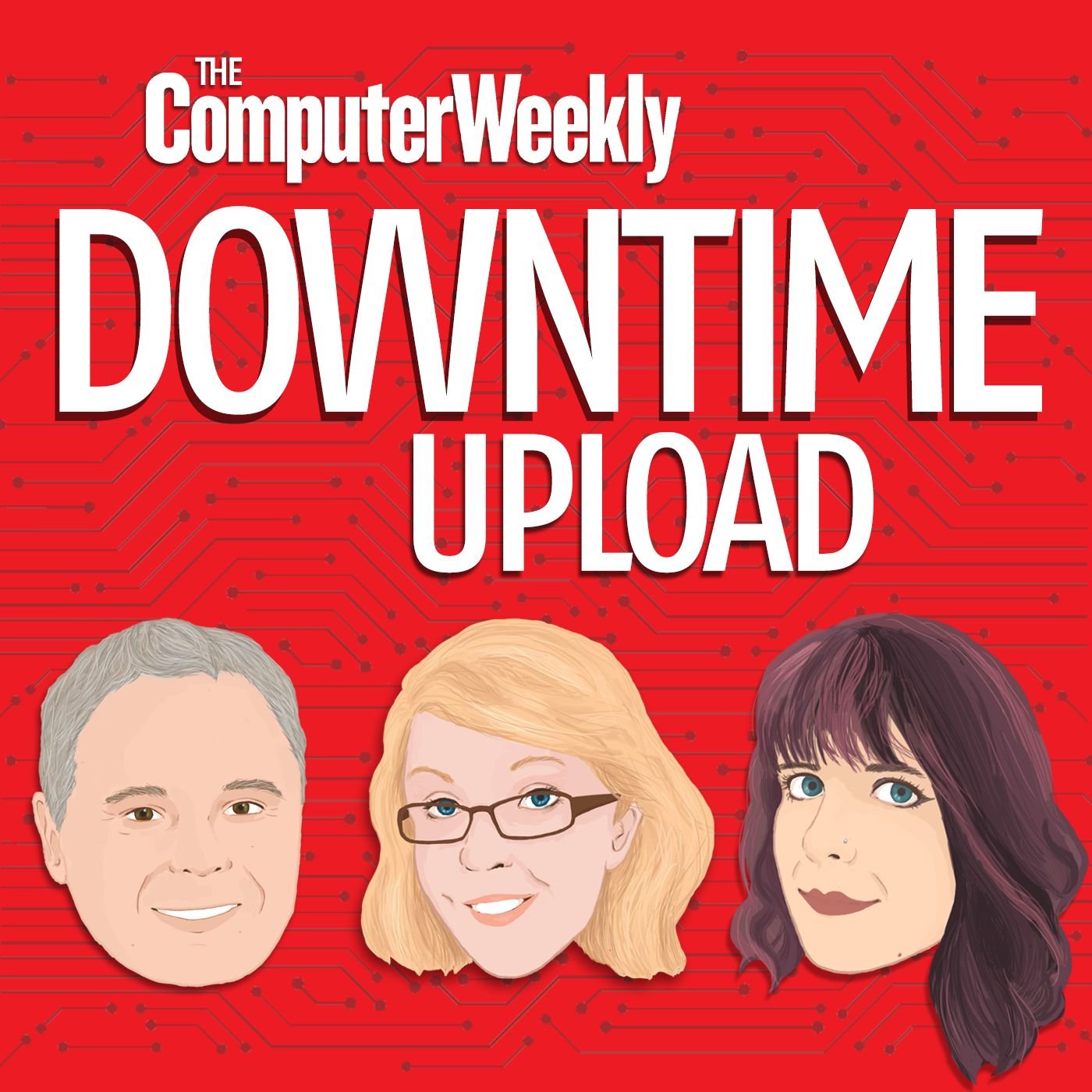
JDaniels
The lasting digital legacy of Covid-19 – The Computer Weekly Downtime Upload Podcast

In this week’s episode of the Computer Weekly Downtime Upload podcast, Clare McDonald, Caroline Donnelly and Brian McKenna discuss how the pandemic is shining a light on digital divides
In this week’s episode of the Computer Weekly Downtime Upload podcast, Clare McDonald, Caroline Donnelly and Brian McKenna discuss how the pandemic is shining a light on digital divides across society and between companies. They also discuss the CEO keynotes from last week’s SAP and AWS conferences, how Microsoft has kept its cloud going through the crisis, and Larry Ellison’s pot-shots at competitors.
- Clare gets the episode going by discussing a couple of stories about the ways the Covid crisis has shone a light on the unequal distribution of digital skills in society.
- The All-Party Parliamentary Group (APPG) on Digital Skills has launched a call for evidence to assess what impact the coronavirus pandemic has had on digital skills, and to discover what lessons might be learned for the future.
- At beginning of the lockdown, says Clare, one of our stalwart freelancers, Cath Everett, wrote a feature about how organisations and individuals could cope with the digital skills divide through the pandemic crisis.
- Cath’s piece cites some Lloyds Bank research which showed that just over half (53%) of UK employees were without the digital skills necessary for work, while 22% (11.9 million people) did not have the “essential digital skills”, as defined in a UK government framework, required to navigate everyday life.
- Clare and Brian comment that creativity has sprung from the darkness of the lockdown period, which has been like a social experiment (that we would not have wanted to do). So, we might as well learn what we can from it.
- The team then talk about a light being shone onto pre-existing fault lines in society, especially in terms of children who do, and children who don’t have access to decent computing and broadband. For sure, home schooling has been a minefield, as CW staff with children would testify.
- Caroline and Brian then turned their lenses on a couple of CEO keynotes from virtual conferences that took place the previous week – AWS and SAP’s virtual Sapphire Reimagined event.
- Caroline is pretty positive about her experience, as AWS gave the press access to the keynotes and fireside chats in advance of the event. This helped with time management, especially as there are so many virtual events going on, more or less at the same time.
- Brian’s experience was less positive. In that case, the pre-recorded Christian Klein keynote was webcast at a particular time (on Monday 15 June). Except it wasn’t. Attendees, including the obstreperous journalist and analyst communities, did manage to see the keynote, but only via a Periscope feed or a Twitter feed, and not through the official conference website. A huge embarrassment for SAP, and for its new CEO.
- The substance of the keynote was interesting, says Brian, and Klein’s messaging about SAP customers becoming “intelligent enterprises” does go down well with users: Vodafone finance and IT leaders liked it, he says, in a briefing he was given.
- And the keynote’s overall big themes – such as companies building more resilience into their supply chains, and contributing to the battle against climate change (with its Climate 21 programme), and for sustainability, were very welcome, especially in these troubled Covid times. But the fiasco of the keynote’s limited availability overshadowed its content, unfortunately.
- Andy Jassy’s AWS keynote in which he urged cloud laggards to stop trying to “fight gravity” was, arguably, self-serving, but was at least accessible as expected. And he made the interesting point, says Caroline, that other cloud-based companies, such as Netflix and Amazon Prime, as well as Zoom, having to deal with unprecedented spikes in user numbers, have turned to AWS.
- AWS is one of the hyperscalers that SAP relies on for cloud delivery of its software. Another is Microsoft. Caroline talks about a series of Microsoft blogposts that detailed how the Redmond giant has kept its cloud infrastructure – which delivers online Xbox gaming services, as well as Microsoft Teams and Office 365 – going 24/7 through the pandemic crisis.
- The blogs lift the lid on how Microsoft has dealt with the massively increased demand on its cloud services by changing certain operating procedures, including shifting to a 24-hour cycle of putting new hardware into their datacentres. And all while observing social distancing for datacentre workers. “A really interesting behind-the-scenes look,” says Caroline, especially in the context of an industry that is by its nature secretive, and should get more kudos than it does for keeping the lights on.
- Caroline pulls out these statistics: in a single day in March, a record-breaking 2.7 billion Teams minutes were used, and in April that climbed to 4.1 billion.
- A great foe of both AWS and SAP is Oracle, whose full-year and Q4 numbers were released last week. Oracle’s financial performance was clearly, and admittedly, affected by Covid. But Oracle founder and chief technology officer Larry Ellison is always in ebullient and pugnacious mood, as was, as usual, evident in the call for investors.
- Towards the end of this podcast episode, Brian shares a few of Ellison’s combative remarks: “the Oracle Autonomous Database, Oracle Autonomous Linux, autonomy is the defining technology that separates our Gen2 cloud from Amazon’s, Microsoft’s and Google’s generation-one cloud…. Oracle’s Gen2 autonomous, serverless, elastic cloud infrastructure delivers better performance, higher security at a much lower cost than AWS, Azure or the Google Cloud. And that’s why we won Zoom.” He is a character.
- AWS and Microsoft also provision Zoom, we should make clear. A “tug of love”, indeed.
Podcast music courtesy of Joseph McDade


